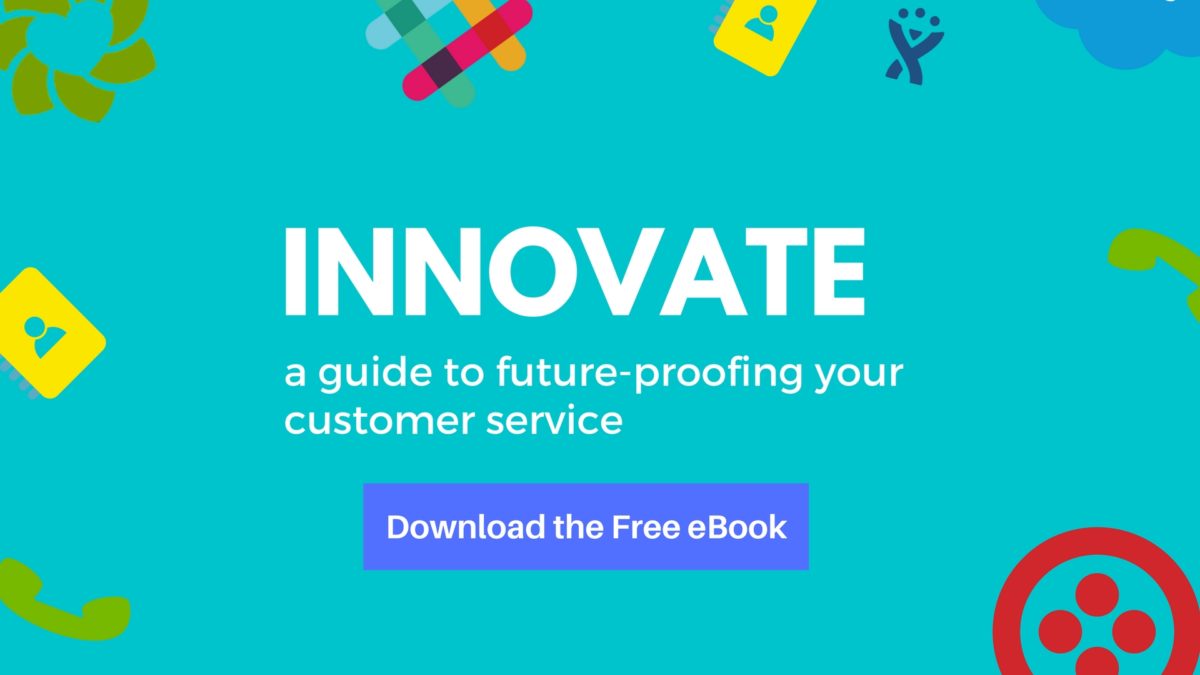With an annual growth rate of 68% (year over year), according to the Solar Energy Industries Association, it’s clear that solar power is part of the future of energy. But the average cost of installing solar panels on a house is between $20,000 – $30,000—putting it out of reach for many homeowners.
That’s where Mosaic comes in. As the nation’s leading residential solar financing outfit, Mosaic is a FinTech company that provides competitive financing products to solar contractors that help their customers (homeowners) afford solar installations and monetize federal incentives with low-interest loans.
As a rapidly growing company, Mosaic needed to scale its customer support (CS) operations. It also needed to minimize the manual effort necessary to track customer issues and ensure its contractor sales reps are working in compliance with industry standards and regulations. The company knew integration would be key to efficiency. But with a rapidly expanding dealer base and a proprietary internal app, creating robust integrations proved tricky—until they found Workato.
With Workato, Mosaic can:
- Move training and compliance information into a proprietary app with no manual data entry
- Improve visibility between Salesforce and Zendesk
- Save the dev team 60+ hours on integration building and maintenance
- Save 20+ hours of manual labor every week.
Scaling Customer Ops with Zendesk and Quick Base
Because the company works with so many dealers, sales reps, and ultimately customers, it needed to build a strong support workflow. “Our support team fields thousands of calls per week,” says Bob Sturgeon, Senior Sales Ops Manager at Mosaic. He explains that the customer ops team relies on Zendesk to create and resolve support tickets. But crucial information from the support app—like the specific issues a customer faced—needed to move into the company’s customer relationship management (CRM) program, which was built using Quick Base. The information also needed to be associated with the right customer account in the CRM program, so sales reps and support reps alike could see all the relevant details and better serve their customers. But this ongoing process would be tedious and time-consuming to do manually.
Keeping On Top of Compliance with a Proprietary App
Mosaic wanted to integrate their proprietary internal loan platform with their CRM. Because the solar industry is incredibly complex, external dealer sales reps are required to take a compliance quiz to demonstrate their competency. As a leading FinTech company that creates award-winning software and tech products, Mosaic had high expectations for any software the company decides to use.
“The quiz shows that they’ve been properly trained and understand industry rules and regulations,” explains Sturgeon. Reps take the quiz via the CRM tool, but the results need to move into the proprietary platform. Because the platform is proprietary, an out-of-the-box integration solution wouldn’t work.
Finding a Robust Integration Solution at Quick Base Empower
After two years of use, the integration platform Mosaic had initially adopted ultimately proved insufficient. “It just wasn’t robust enough for us,” comments Sturgeon.
At Quick Base’s 2016 conference, Sturgeon visited the Workato booth; afterward, he created a few trial recipes on his own. Upon experiencing the platform’s user-friendly but powerful capabilities, Sturgeon decided it would be the right platform for Mosaic’s needs.
“It was a little bit of trial-and-error at first,” Sturgeon notes. “But Workato recipes are so easy to use that we found our way pretty quickly. We also received incredible support and insight from the sales reps and engineers. They truly enabled us to tackle more advanced functions!”
Now, Mosaic uses Workato recipes to move data between Zendesk and the CRM app in real time. “Workato looks for specific tags on the support tickets and automatically downloads those into Quick Base, so they can be automatically associated with the right loans.”
Saving 20+ Hours of Manual Labor Every Week
Workato helps to simplify Mosaic’s workload. “We would have to download reports and import them into the right app manually,” he elaborates. And with human effort come certain drawbacks, he adds: “With any company, anytime there’s a human-driven process, there are issues with dependability. The data sync also wouldn’t happen in real time, which would be a big problem.”
Mosaic enjoyed the benefits of integration soon after adopting Workato. “We saw results immediately,” comments Sturgeon. “From the moment the recipes started processing jobs, really.” He estimates that the integrations save the company about 20 hours of manual work every week.
And that doesn’t include the time that creating a solution for the proprietary app problem would have required. “Without Workato, we would have needed to find a way to make the compliance quiz accessible from within our proprietary platform itself, rather than from the CRM,” he explains. “That method would have taken our engineering team about 40-60 hours of build time, plus another five hours of maintenance work per week.”
Overall, Sturgeon counts the move to Workato as a stunning success. “We’ve saved so much time, and that’s incredibly valuable. Having error-free work? That’s priceless.”



